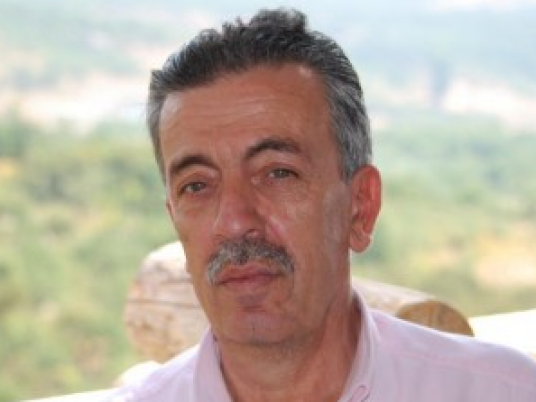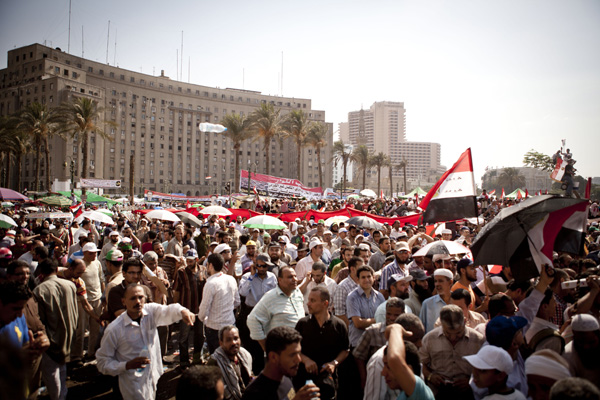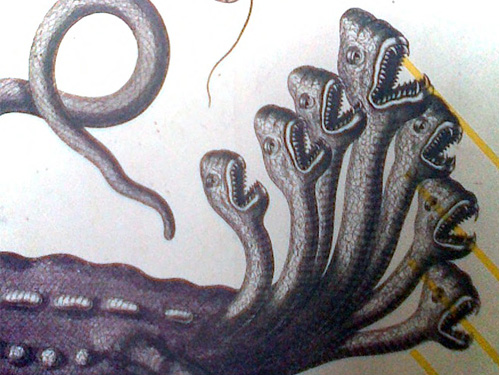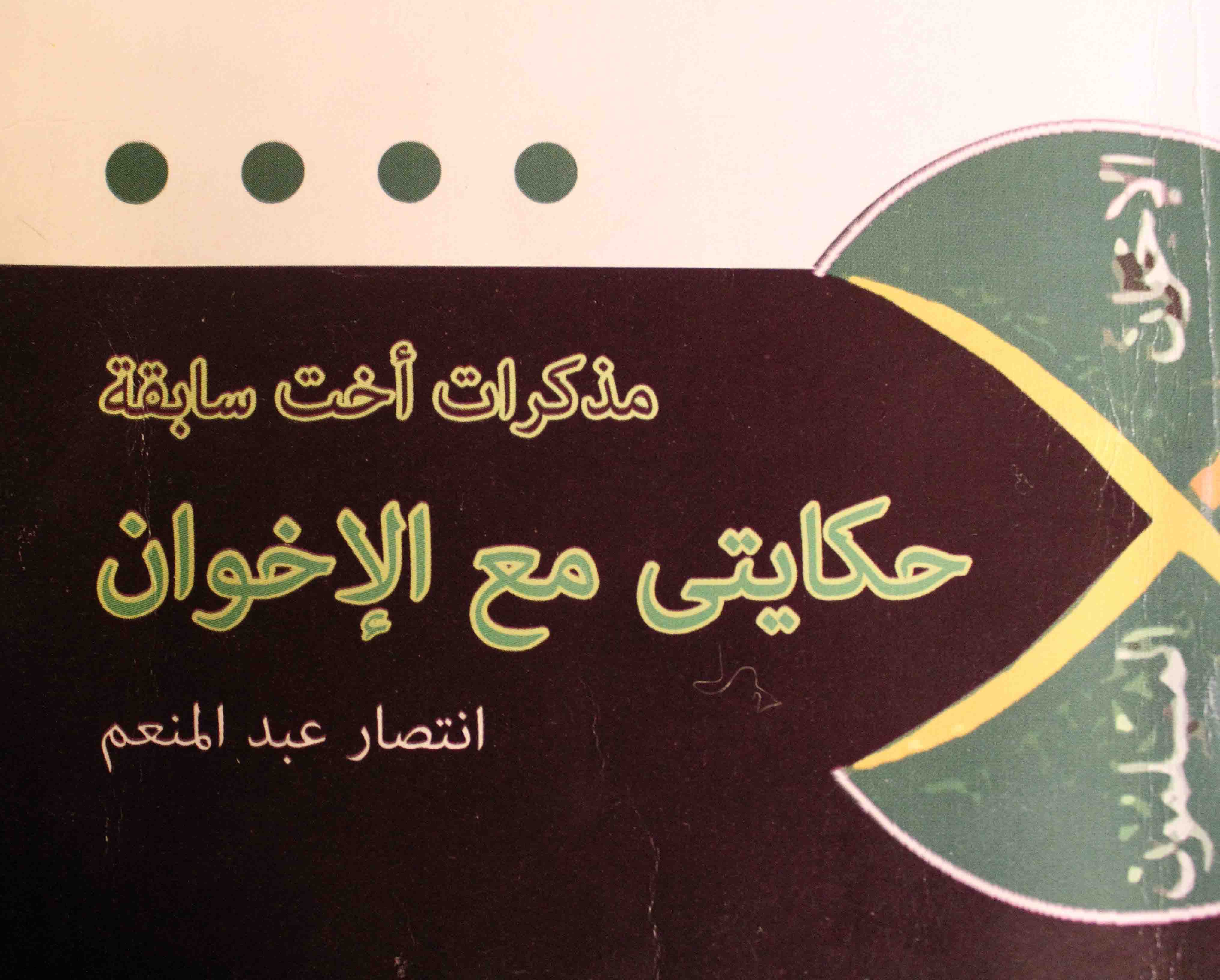
The American Neighborhood is one of the old slums in the city of Tripoli in the northern part of the beloved Lebanon. It was named so when the fearful Air Force Intelligence took the crumbling and evacuated building of the Evangelical School as a branch for it.
Not only do you see poverty in that district, but also signs of a city that has deteriorated from many tragedies since the Ottoman and French occupations through to the civil war, which was the dawn of the hell that the Arab world has entered and not come out of until today.
But The American Neighborhood is also an important novel of Jabbour Douaihy, the professor of French literature at the Lebanese University who was born in Zgharta in 1949. He wrote six important novels, three of which are: “Rain in June,” “The Vagrant” and “The Forest Soul,” which is a story for kids that he wrote in French.
In just a short time, Douaihy occupied a special place in novel writing in terms of his narrative style and language structure. He also occupied a special place in addressing the problems of Lebanon and the Arab world in terms of the restructuring of social relations, sectarian and social disturbances, violence, terrorism, and the side effects of a false globalization and modernity in the Arab world.
Without pretension, Douaihy is searching for a soul that is missing in random changes and a cruel capitalism that caused unique poverty and misery, especially after the emergence and spread of an epidemic of political Islam in various forms.
But before I finish this long introduction and get to the heart of the wonderful and humanitarian novel, we should know that Tripoli enjoys a special status in Lebanon. It is the cradle of nationalism and enlightenment movements and the birthplace of the inherent Lebanese model of peaceful coexistence among sects and religions. It has also been a center for political and intellectual elites that created a niche for Lebanon. But the city witnessed massacres under the Syrian military presence and saw the emergence of violent Islamic currents in the recent years.
The American Neighborhood is a Lebanese novel whose language and substance carry experiences that interest and excite the entire Arab world.
It seemed as if the head of the city abandoned it for emirs to claim power over neighborhoods. They are supported by sheikhs who drive armored cars and deliver fiery speeches, the story says.
The novel, which is 160 medium-size pages long, is divided into six chapters. It talks about the slum in which live Um Mahmoud, the old maid of the palace, her daughter Intissar, her son-in-law Bilal and her grandson Ismail, the heart of the novel. And it talks about the other side of town where there is the old palace in which lives the family of Azzam, the Mufti of the city and one of its nobles who made its history.
Only Abdel Kerim lives in the palace now. He is a young intellectual who had left the city to go to Paris during the times of violence and returned after the death of Azzam, the last noble af a demising era.
In Paris, Abdel Kerim had a fabulous romance with Valeria Dombrovska, a Bulgarian ballet dancer who possessed his heart and mind, and who portrayed for him an inverse image of the pitiful reality in Tripoli.
Describing their first encounter, Douaihy writes: “She left a special invitation to The Nutcracker at the Opera Bastille. She has wide blue eyes that say to you that they were not waiting for anything in the world except you, with admiration and delight at your words before they are uttered by your mouth, for you are her precious discovery.”
This paragraph depicts the story, the personalities and the inevitable fate of a love story that is out of this world.
Abdel Kerim returns to Tripoli and the American Neighborhood after his lover's disappearance to live in the heart of the storm of violence and confusion.
The other hero is Ismail, the son of Intissar and Bilal. His father is without a job and without dignity. His only dignity was in having children and beating his resolute wife.
Ismail drops school and joins a gang of teenagers who commit small crimes. They also make some money from doing errands for candidates in elections.
One day, Ismail is clutched by the so-called Islamic Guidance Group that attracts young people with false preaching and sends them to fight with al-Qaeda. He is assigned to wear an explosive belt and go to Iraq to blast a bus in Mahmudiyah, which is the crux of the story.
The author has carefully drawn Ismail’s character in order to make of him a dramatic hero. For before he joined the armed group, he chose to leave the house because his father had a fight with his mother, and went to live with his grandmother who still had old values and traditions. He also took care of his younger brother who had polio, defended him against other boys making fun of him and brought him candy.
He liked his uncle, the teacher who was keen to travel whenever he had money and came back to tell him stories about the outside world. But like the rest of the slum inhabitants, the uncle becomes an alcoholic. He often played a video of Gamal Abdel Nasser’s speech in which he stepped down, watched it while drinking his cheap alcohol and spent the whole night crying.
Ismail also listened to Sheikh Abdel Latif, who said after 9/11 that Islam has no enemies but the Muslims themselves.
But it was a special evening that completed Ismail’s personality. It was the night he spent at Abdel Kerim’s, where he told him of his love story in Paris and how he took his lover’s plants home with him, lest she comes back to those plants one day and tells him of the child that she said she was pregnant with.
All these factors formed the personality of Ismail, who later goes to blow himself up in Iraq to prove that he is a good Muslim. He travels there on a bus carrying vegetables with two jihadists, Abu Abdallah from Somalia and another from Morocco, who had a sharp character and a strange accent. And throughout the journey, Ismail kept telling himself that he wants to die for the jihad.
He was sitting in the rear of the crowded bus that was approaching Mahmudiyah when he saw a boy, who limped like his brother, counting the passengers. The boy pointed at him and said: “This is no. 37,” before his mother called him.
He thinks to himself: “Who is this boy? Where did he come from?” The boy reminded him of his brother and the woman reminded him of his mother.
He went down to the station and threw his belt away in the toilet. From a small window in the toilet, he gazed at the horizon. It was an empty desert. It was the day Saddam was captured.
Back in the American Neighborhood, it was announced that Ismail was a martyr of jihad in Iraq. But Ismail had secretly returned to Tripoli, and Abdel Kerim gave him his girlfriend’s black coat to wear so that no one can recognize him.
It is a story that Douaihy wrote, blending folk tale with French culture.
Edited translation from Al-Masry al-Youm



